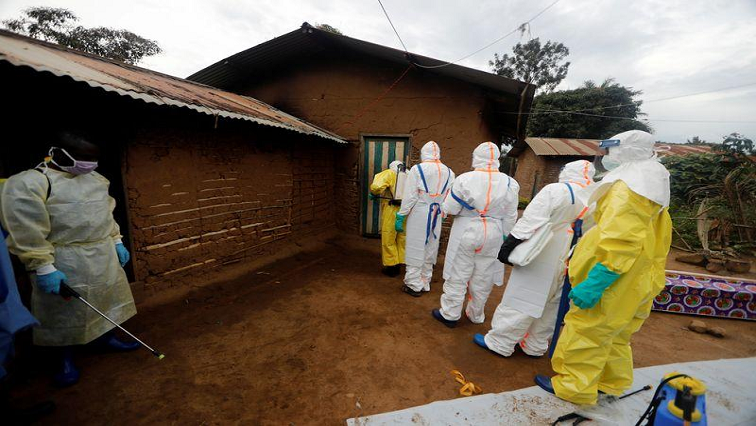The Democratic Republic of Congo said Thursday that the latest Ebola outbreak was officially over, as the country marked 42 days with no new cases.
The start of latest outbreak was confirmed on October 8 after a three-year-old boy died in Beni, North Kivu province in eastern DR Congo.
Authorities then confirmed 8 more cases and 3 probable ones as well as nine deaths in the area over the next two months, with more than half of the cases involving children under the age of five.
Health Minister Jean-Jacques Mbungani said the outbreak was detected late because of a strike by healthcare workers in the area.
On Thursday he declared the outbreak officially over.
“After 42 days of reinforced surveillance without a new confirmed case… I am happy to declare the end of the 13th epidemic of the Ebola virus disease” in North Kivu, Mbungani said in Kinshasa.
Two patients were cured after receiving treatment, including with the REGN-EB3 cocktail of monoclonal antibodies approved by the US Food and Drug Administration at the end of last year.
Several contacts of the infected were also vaccinated with an anti-Ebola jab soon after the outbreak was detected, helping to contain its spread.
In early May, the DRC declared the end of its 12th Ebola outbreak, during which 12 cases were reported, with six deaths and hundreds of people vaccinated.
Ebola is a viral haemorrhagic fever that was first identified in central Africa in 1976. The disease was named after a river in the Democratic Republic of Congo, then known as Zaire.
Human transmission is through body fluids, with the main symptoms being fever, vomiting, bleeding and diarrhoea.




